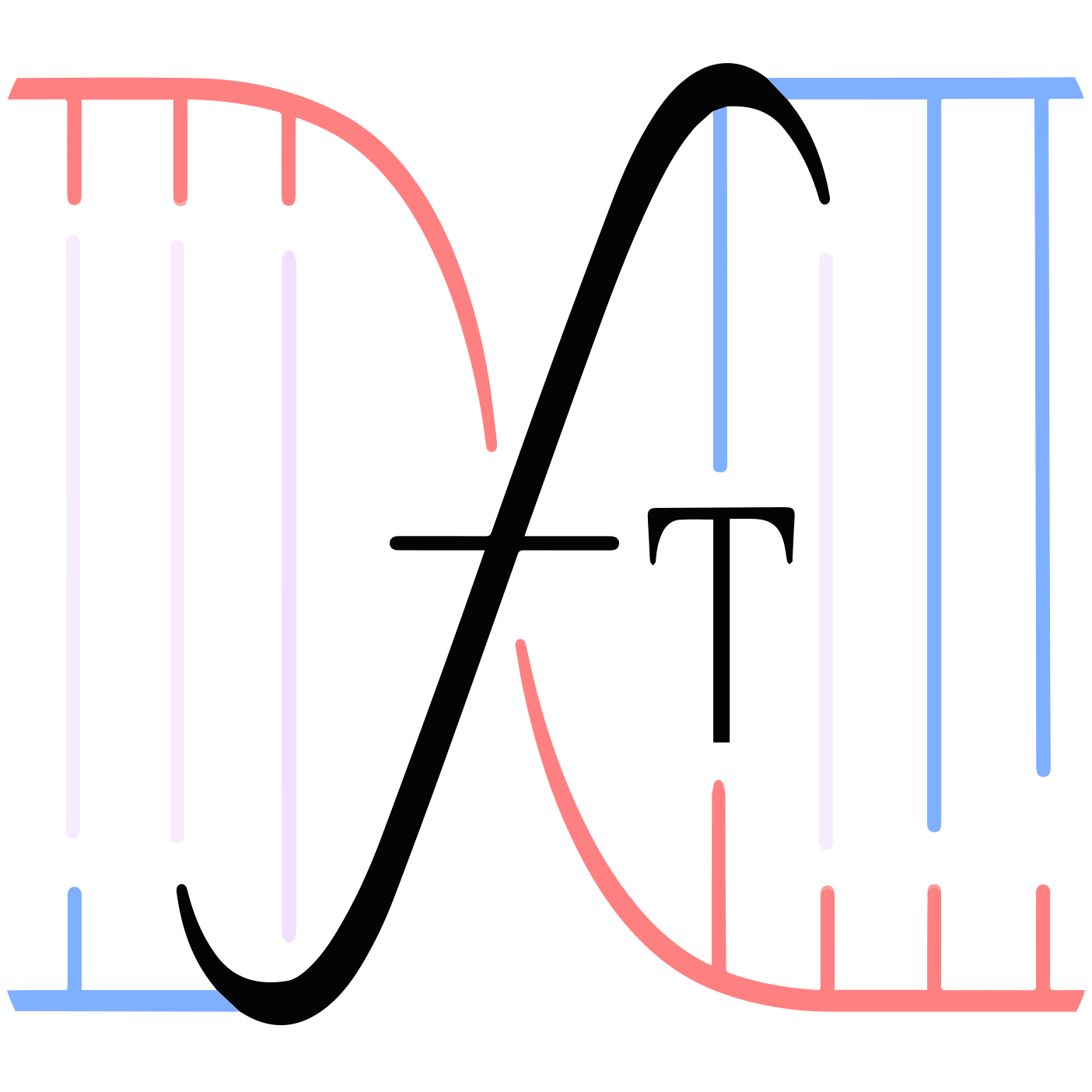Basic Features#
- finaletoolkit.frag.coverage(input_file: str | TabixFile | AlignmentFile | Path, interval_file: str, output_file: str, scale_factor: float = 1.0, min_length: int | None = None, max_length: int | None = None, normalize: bool = False, intersect_policy: str = 'midpoint', quality_threshold: int = 30, workers: int = 1, verbose: bool | int = False) list[tuple[str, int, int, str, float]]#
Return estimated fragment coverage over intervals specified in intervals. Fragments are read from input_file which may be a BAM, CRAM, or fragment file. Uses an algorithm where the midpoints of fragments are calculated and coverage is tabulated from the midpoints that fall into the specified region. Not suitable for fragments of size approaching interval size.
- Parameters:
input_file (str or pysam.AlignmentFile) – SAM, BAM, CRAM, or Frag.gz file containing paired-end fragment reads or its path. AlignmentFile must be opened in read mode.
interval_file (str) – BED4 file containing intervals over which to generate coverage statistics.
output_file (string, optional) – Path for bed file to print coverages to. If output_file = -, results will be printed to stdout.
scale_factor (int, optional) – Amount to multiply coverages by. Default is 1.
min_length (int or None, optional) – Minimum length of fragments to be included.
max_length (int or None, optional) – Maximum length of fragments to be included.
normalize (bool) – When set to True, divide by total coverage
intersect_policy (str, optional) – Specifies how to determine whether fragments are in interval. ‘midpoint’ (default) calculates the central coordinate of each fragment and only selects the fragment if the midpoint is in the interval. ‘any’ includes fragments with any overlap with the interval.
quality_threshold (int, optional) – Minimum MAPQ. Default is 30.
workers (int, optional) – Number of subprocesses to spawn. Increases speed at the expense of memory.
verbose (int or bool, optional)
- Returns:
coverages – Fragment coverages over intervals.
- Return type:
Iterable[tuple[str, int, int, str, float]]
- finaletoolkit.frag.frag_length(input_file: str | AlignmentFile | TabixFile, contig: str | None = None, start: int | None = None, stop: int | None = None, intersect_policy: str = 'midpoint', output_file: str | None = None, quality_threshold: int = 30, verbose: bool = False) ndarray#
Return np.ndarray containing lengths of fragments in input_file that are above the quality threshold and are proper-paired reads.
- Parameters:
input_file (str, AlignmentFile, or TabixFile) – BAM, CRAM, or tabix-indexed containing paired-end fragment reads or its path. pysam wrappers must be opened in read mode.
contig (string, optional) – Contig or chromosome to get fragments from
start (int, optional) – 0-based left-most coordinate of interval
stop (int, optional) – 1-based right-most coordinate of interval
intersect_policy (str, optional) – Specifies what policy is used to include fragments in the given interval. Default is “midpoint”. Policies include: - midpoint: the average of end coordinates of a fragment lies in the interval. - any: any part of the fragment is in the interval.
output_file (string, optional)
quality_threshold (int, optional) – Minimum MAPQ to accept for a fragment to be counted.
verbose (bool, optional)
- Returns:
lengths – ndarray of fragment lengths from file and contig if specified.
- Return type:
numpy.ndarray
- finaletoolkit.frag.frag_length_bins(input_file: str | PathLike | AlignmentFile | TabixFile, contig: str | None = None, start: int | None = None, stop: int | None = None, min_length: int | None = 0, max_length: int | None = None, bin_size: int = 1, output_file: str | None = None, intersect_policy: str = 'midpoint', quality_threshold: int = 30, summary_stats: bool = False, short_fraction: int | None = None, histogram_path: str | None = None, verbose: bool | int = False) tuple[ndarray, ndarray]#
Takes input_file, computes frag lengths of fragments and returns two arrays containing bins and counts by size. Optionally prints data to output as a tab delimited table or histogram.
- Parameters:
input_file (str, AlignmentFile, or TabixFile) – BAM, CRAM, or tabix-indexed containing paired-end fragment reads or its path. pysam wrappers must be opened in read mode.
contig (str, optional) – If specified, limits calculations to fragments on this chromosome/contig. If not specified, lengths are calculated genomewide.
start (int, optional) – Left-most coordinate of interval to fetch from. See intersect_policy. contig and stop must be specified if a value is given for start.
stop (int, optional) – Right-most coordinate of interval to fetch from. See intersect_policy. contig and start must be specified if a value is given for stop.
min_length (int, optional) – Specifies shortest fragment length included in array.
max_length (int, optional) – Specifies longest fragment length included in array.
bin_size (int, optional) – Specify how wide each bin is. If None, will be calculated automatically.
output_file (str, optional) – tsv or tsv.gz file to write results to. Writes to stdout if “-“.
intersect_policy (str {"midpoint", "any"}, optional) – Specifies what policy is used to include fragments in the given interval. Default is “midpoint”. Policies include: - midpoint: the average of end coordinates of a fragment lies in the interval. - any: any part of the fragment is in the interval.
quality_threshold (int, optional) – Minimum MAPQ to accept for a fragment to be counted.
summary_stats (bool, optional) – When set to true, summary statistics are appended as comments at the end of the tsv.
short_fraction (int, optional) – If specified, the short fraction will be calculated and included in summary statistics for the tsv and/or histogram.
histogram_path (str, optional) – If specified, a simple histograpm will be generated using matplotlib.
workers (int, optional) – Number of worker processes.
verbose (bool, optional)
- Returns:
bins (ndarray)
counts (ndarray)
